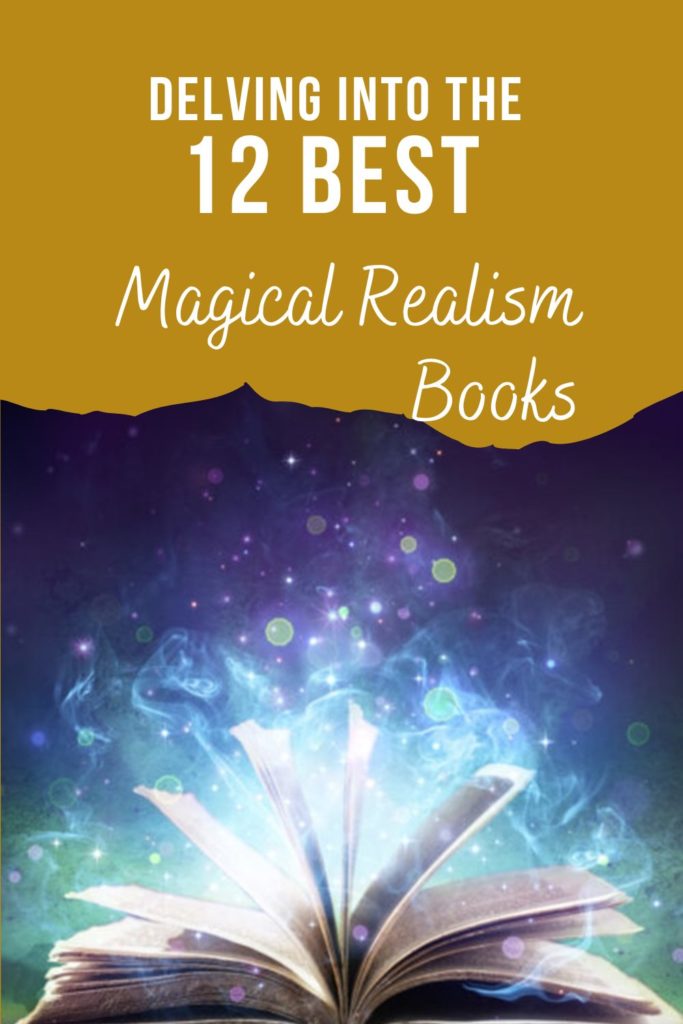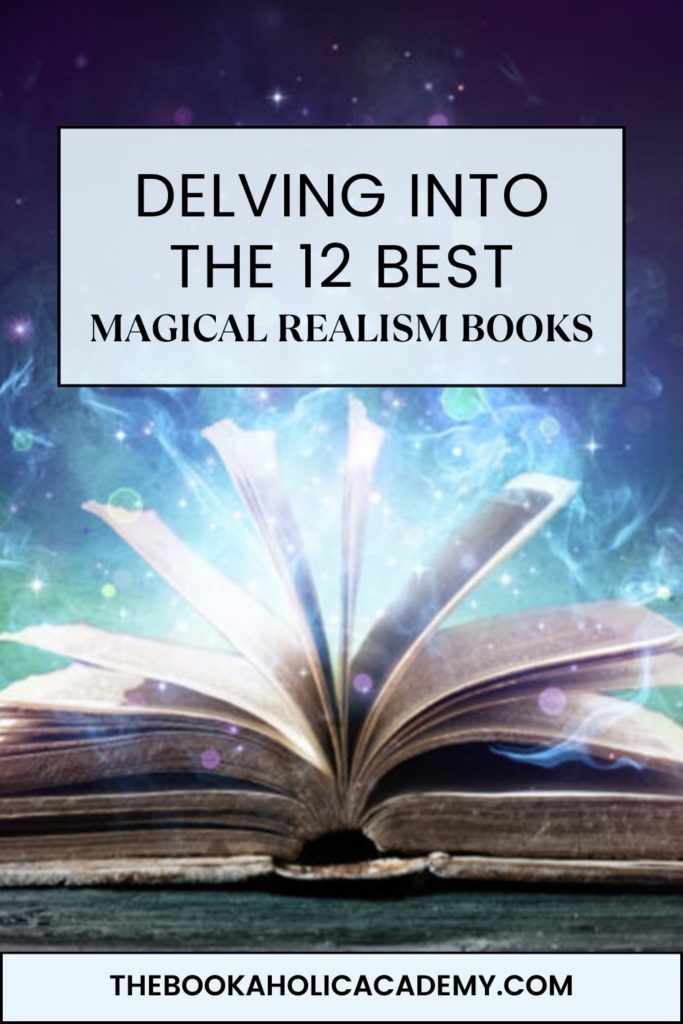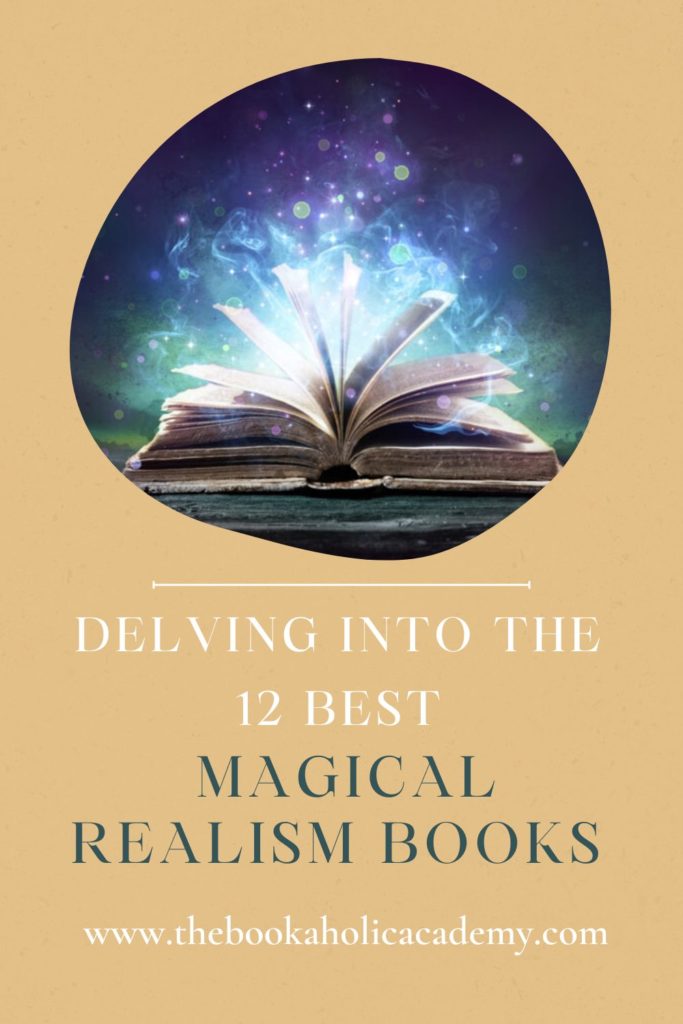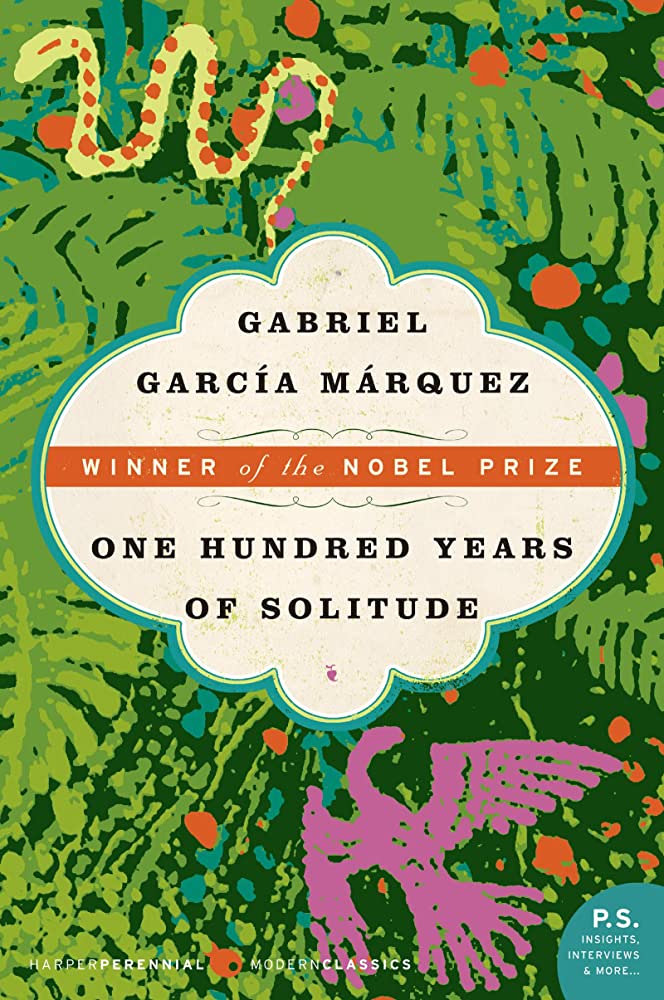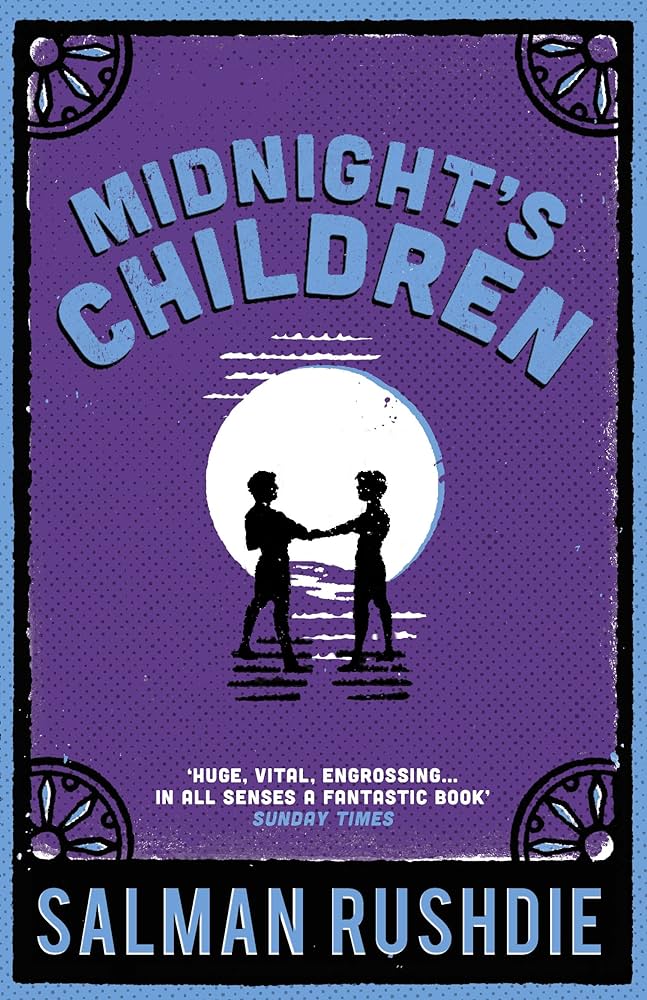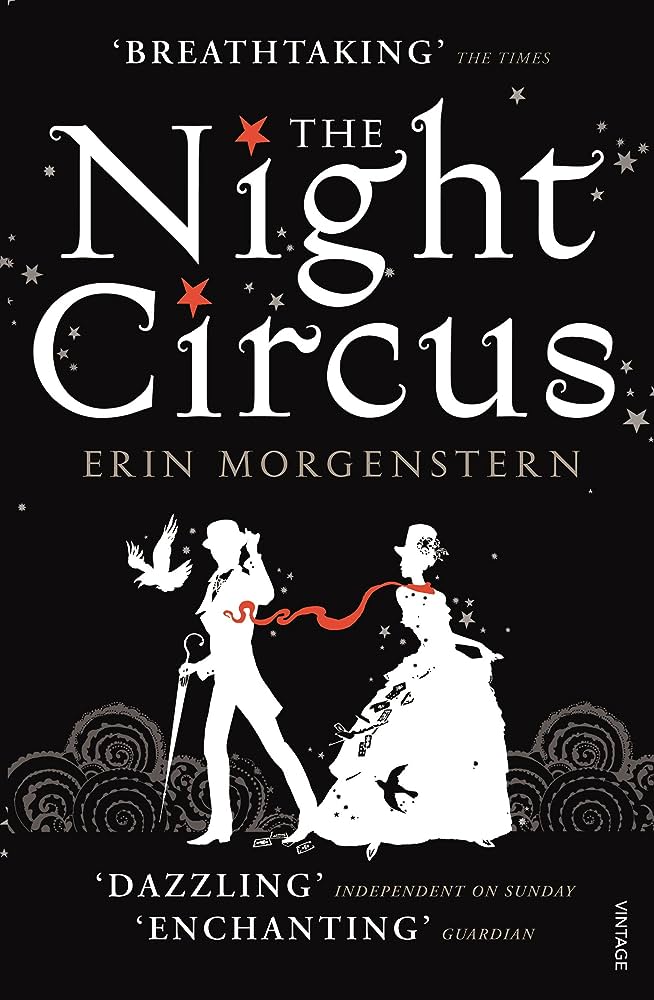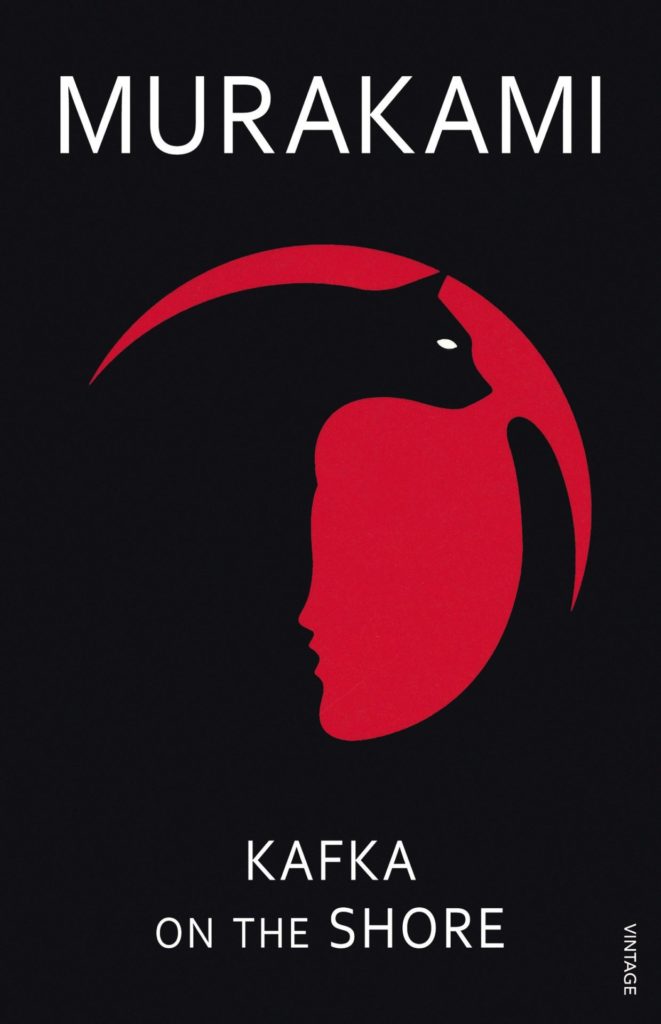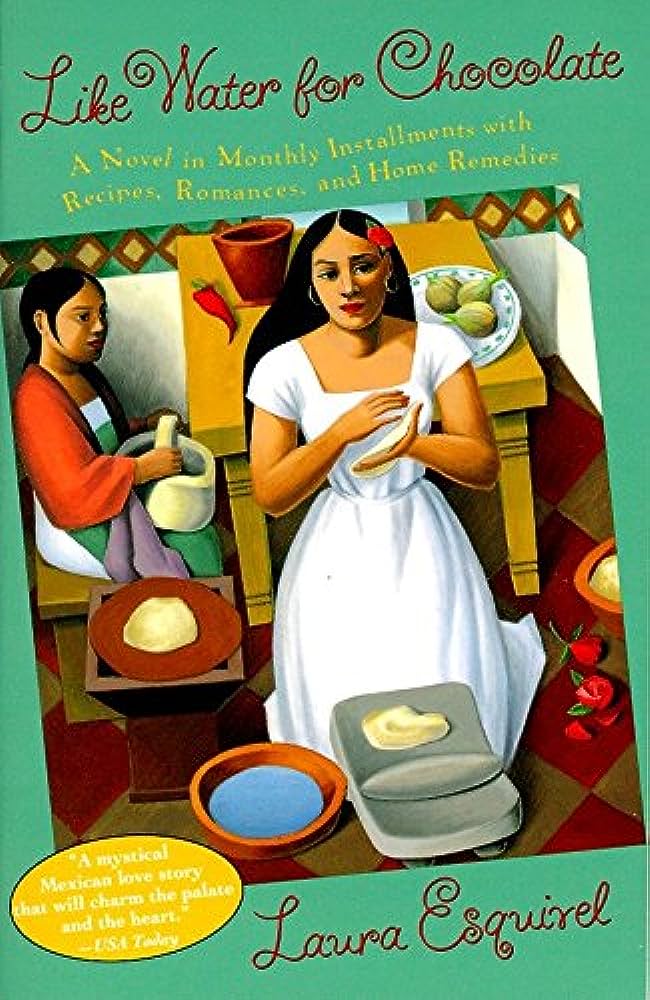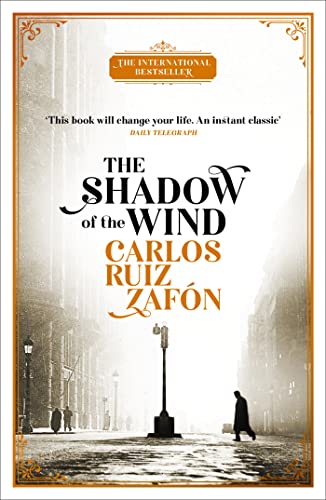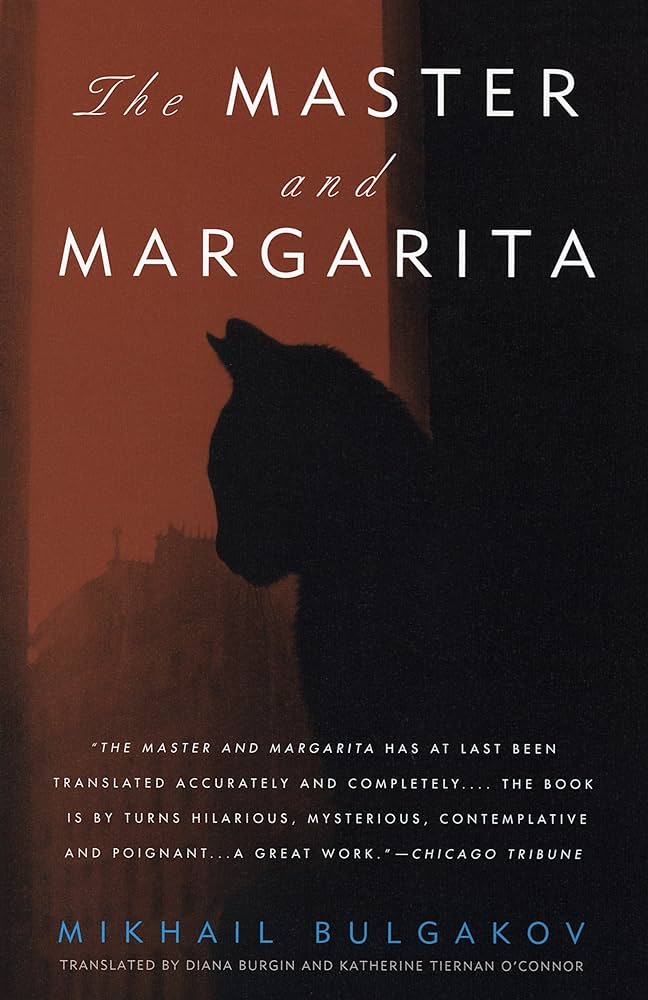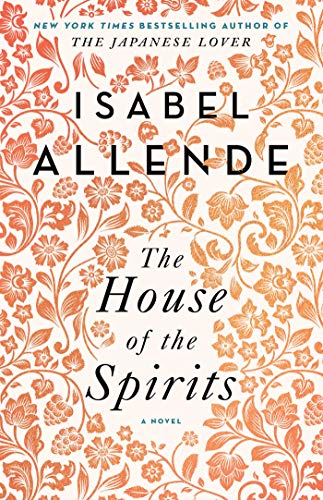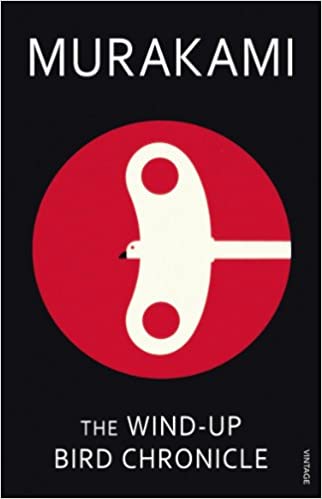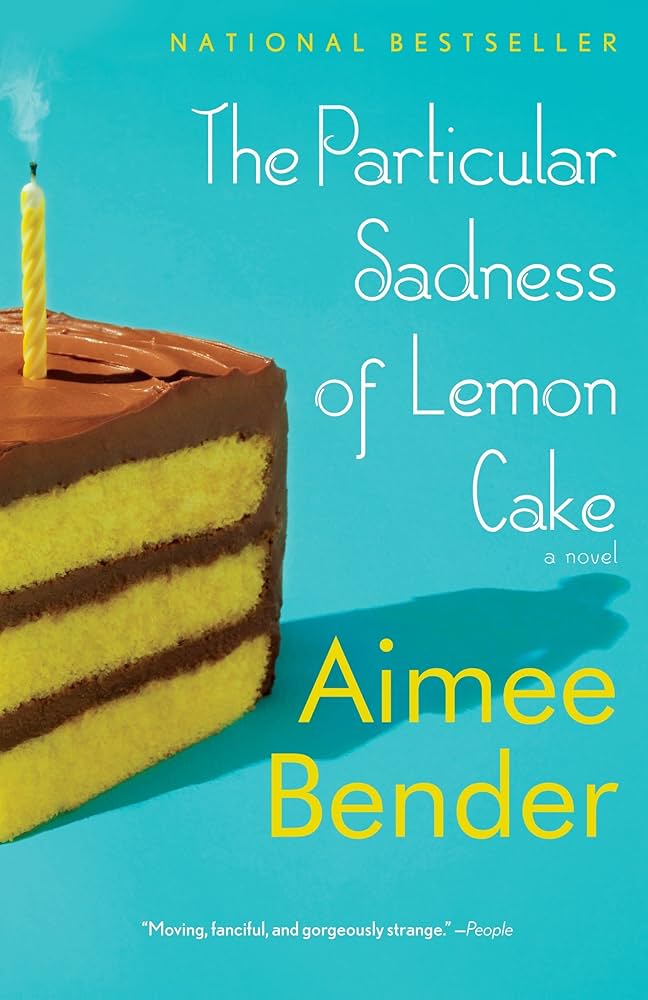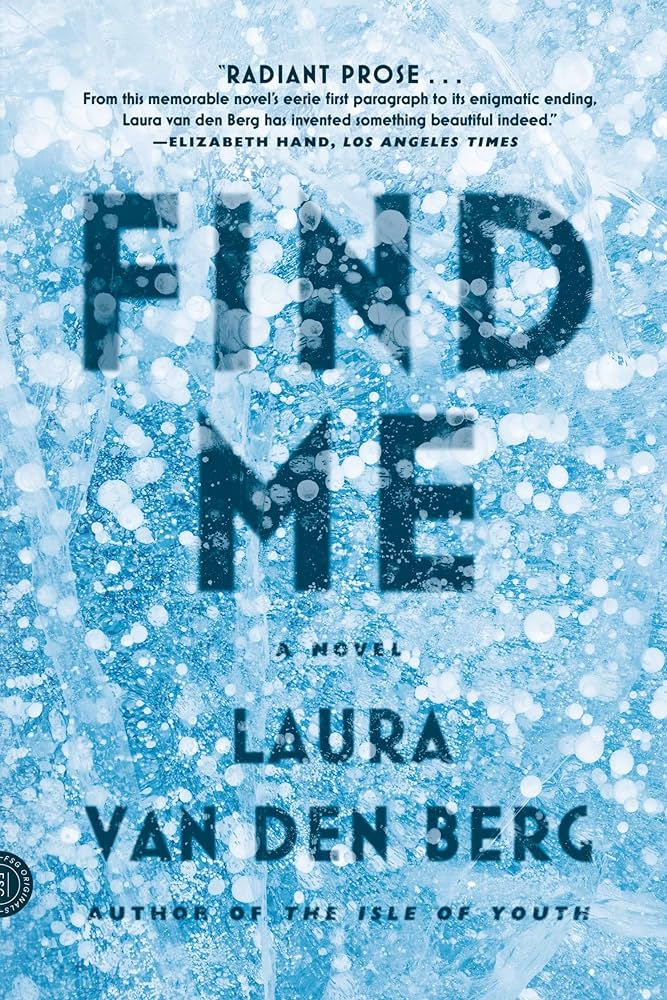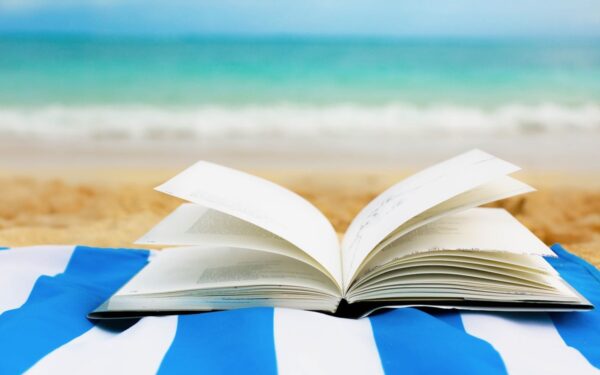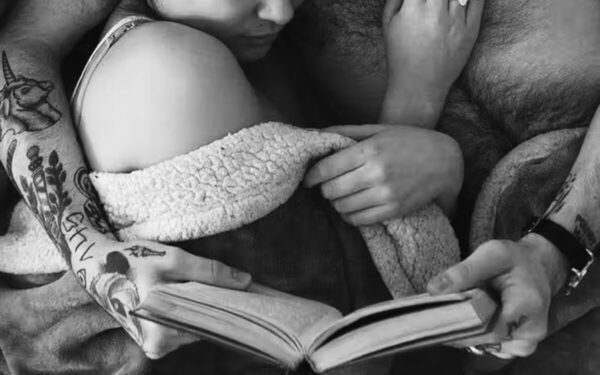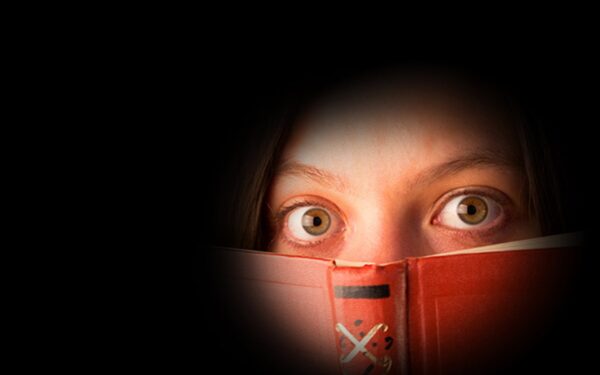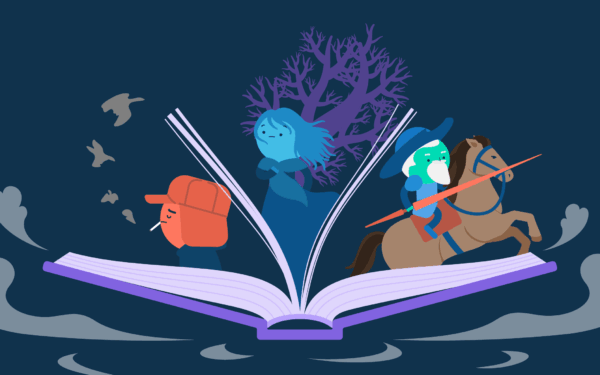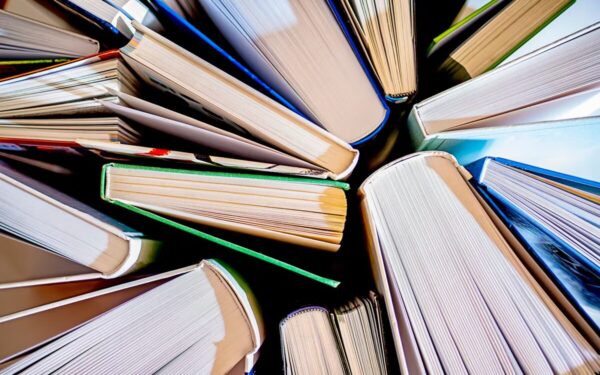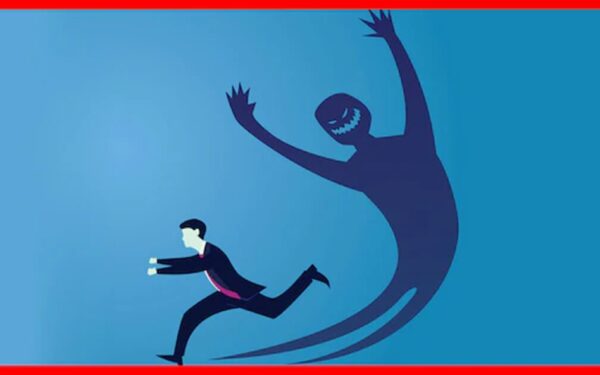Delving into the 12 Best Magical Realism Books
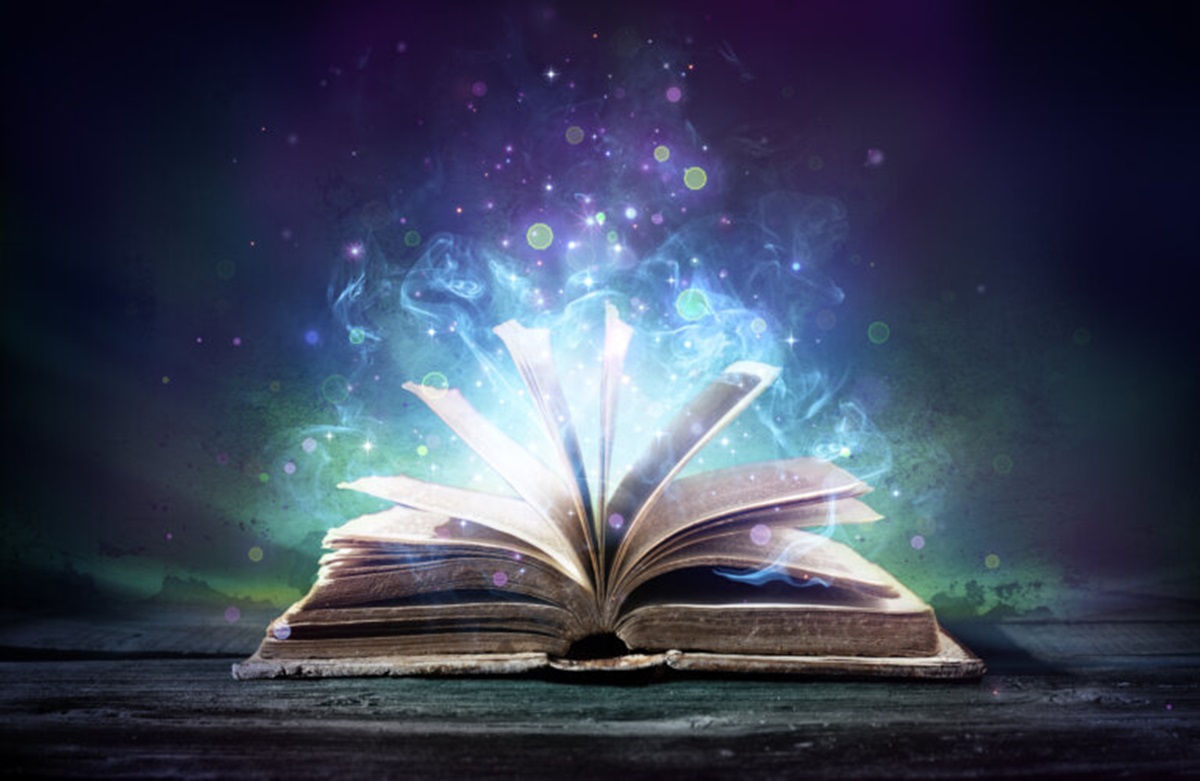
Disclaimer
This post may contain affiliate links. I will make a small commission if you make a purchase through one of these links, at no extra cost to you. See full disclosure and disclaimer policy HERE.
In the literary landscape, magical realism acts as a portal, transporting readers from the mundane into realms where the extraordinary not only coexists with reality but enriches it. Let’s delve deeper into the enchanting worlds crafted by the authors of the 12 best magical realism books, exploring the nuances that make each narrative a unique tapestry of wonder.
Table of Contents
- Defining Magical Realism: Where Reality Meets Fantasy
- 12 Best Magical Realism Books
- 1. One Hundred Years of Solitude by Gabriel Garcia Marquez
- 2. Midnight's Children by Salman Rushdie
- 3. The Night Circus by Erin Morgenstern
- 4. Kafka on the Shore by Haruki Murakami
- 5. Beloved by Toni Morrison
- 6. Like Water for Chocolate by Laura Esquivel
- 7. The Shadow of the Wind by Carlos Ruiz Zafón
- 8. The Master and Margarita by Mikhail Bulgakov
- 9. The House of the Spirits by Isabel Allende
- 10. The Wind-Up Bird Chronicle by Haruki Murakami
- 11. The Particular Sadness of Lemon Cake by Aimee Bender
- 12. Find Me by Laura van den Berg
- Conclusion
- FAQs
Defining Magical Realism: Where Reality Meets Fantasy
At its core, magical realism seamlessly integrates magical or supernatural elements into a realistic setting, blurring the lines between the extraordinary and the everyday. Unlike traditional fantasy, where magical realms are distinct from the real world, magical realism invites enchantment into the familiar landscapes of our lives.
Imagine a world where a grandmother can predict the future through dreams, a man turns into a giant insect, or a town experiences perpetual rain indoors. These fantastical occurrences aren’t presented as extraordinary events but are interwoven into the fabric of everyday life. The characters, rather than being astonished by these magical elements, accept them as a natural part of their reality.
Authors who master the art of magical realism are like skilled magicians, conjuring worlds where the impossible becomes plausible. In magical realism, symbolism and metaphor play pivotal roles. The magical elements often serve as metaphors for deeper truths or societal issues, allowing authors to explore complex themes in a way that captivates the imagination while providing profound insights into the human condition.
12 Best Magical Realism Books
1. One Hundred Years of Solitude by Gabriel Garcia Marquez
Marquez’s masterpiece introduces readers to Macondo, a town suspended in time where the Buendía family navigates love, politics, and destiny. The magical realist elements, such as the levitating priest and the gypsy’s arrival, serve as metaphors, enhancing the narrative’s emotional depth.
RELATED:
Review: 100 Years of Solitude by Gabriel Garcia Marquez
2. Midnight’s Children by Salman Rushdie
Rushdie’s exploration of India’s tumultuous history intertwines with Saleem Sinai’s extraordinary life. The magical realism in this novel acts as a reflection of the country’s complex journey, blending historical events with fantastical elements that resonate on both personal and societal levels.
3. The Night Circus by Erin Morgenstern
Morgenstern’s enchanting tale of a magical circus unfolds like a dream, where each tent holds a new wonder. The explosion of magical occurrences mirrors the ebb and flow of the circus itself, creating an immersive experience for readers that mirrors the unpredictability of life.
RELATED:
Review: The Night Circus by Erin Morgenstern
4. Kafka on the Shore by Haruki Murakami
Murakami’s narrative dance with talking cats and enigmatic spirits immerses readers in a world where the bizarre becomes commonplace. The perplexity in his storytelling mirrors the complexity of the human experience, exploring themes of loneliness, identity, and the interconnectedness of lives.
RELATED:
Why You Should Read Haruki Murakami: His Best Novels
5. Beloved by Toni Morrison
Morrison’s haunting tale of Sethe and her haunted past is steeped in the perplexing nature of slavery. The magical realism acts as a powerful tool, giving voice to the unspeakable horrors of history while connecting the characters to a transcendent, supernatural plane.
RELATED:
Review: The Controversial Brilliance Of Beloved by Toni Morrison & Why You Should Read Toni Morrison: Her Best Novels
6. Like Water for Chocolate by Laura Esquivel
Esquivel’s novel transforms the act of cooking into a magical experience, where emotions infuse the dishes with unexpected consequences. The interest in this narrative lies in the unpredictable effects of each culinary creation, intertwining the characters’ destinies with the flavours of their emotions.
RELATED:
Review: The Delicious World of Like Water For Chocolate by Laura Esquivel
7. The Shadow of the Wind by Carlos Ruiz Zafón
Zafón’s tale of intrigue and mystery in post-war Barcelona combines elements of magical realism with the burstiness of a detective novel. The Cemetery of Forgotten Books, a hidden sanctuary for lost literature, becomes a metaphor for the unpredictability of stories and their impact on individuals.
RELATED:
Why You Should Read Carlos Ruiz Zafón: His Best Novels
8. The Master and Margarita by Mikhail Bulgakov
Bulgakov’s satirical exploration of Soviet Moscow employs magical realism to dissect societal norms. The confusion arises as the Devil and his entourage challenge the rigid structures of the time, offering readers a thought-provoking journey into the nature of power and control.
9. The House of the Spirits by Isabel Allende
Allende’s familial saga unfolds with a burst of magical elements, intertwining the characters’ lives with the political upheavals of Chile. The magical realism serves as a lens through which the complexities of love, power, and destiny are examined in a way that captivates and surprises.
RELATED:
Review: The House of The Spirits by Isabel Allende & Why You Should Read Isabel Allende: Her Best Novels
10. The Wind-Up Bird Chronicle by Haruki Murakami
Murakami’s exploration of a man’s search for his missing wife weaves together the perplexity of dreams and reality. The unpredictable nature of the narrative mirrors the winding paths of life, where the surreal and the ordinary intersect in unexpected and profound ways.
RELATED:
Review: The Wind-Up Bird Chronicle by Haruki Murakami
11. The Particular Sadness of Lemon Cake by Aimee Bender
Bender’s exploration of a girl tasting emotions in her food adds a burst of emotional depth to the narrative. The perplexity lies in the unexpected consequences of this extraordinary ability, creating a story that resonates with the complexities of human relationships.
12. Find Me by Laura van den Berg
Van den Berg’s dystopian world is marked by the perplexity of memory and identity. The blowout comes from the mysterious pandemic that shapes the characters’ lives, leading readers through a labyrinth of uncertainty and self-discovery.
Conclusion
As we navigate the intricate tapestry of these 12 best magical realism books, it becomes clear that each author skilfully utilizes perplexity and burstiness to enhance the reading experience. The infusion of the extraordinary into the ordinary creates narratives that are both captivating and thought-provoking, inviting readers to explore the depths of imagination and emotion.
FAQs
Did you like it? Pin this post for later!
